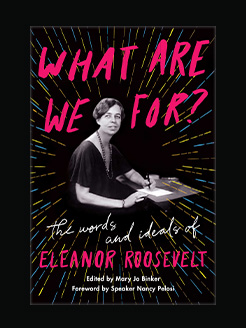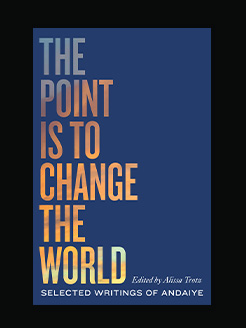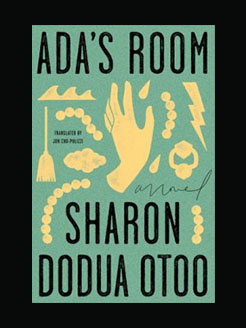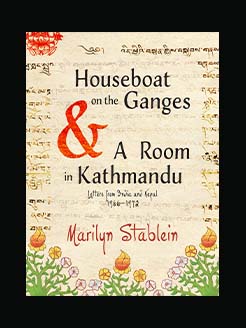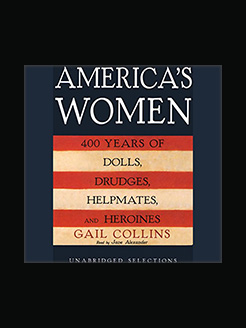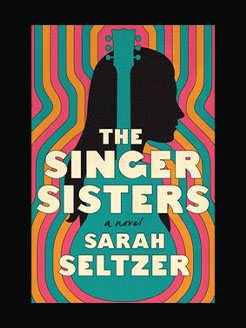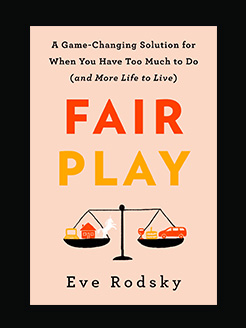Published in 2025 (first published 2023)
320 pages
7 hours and 1 minute
Hika Harada (1970) was born in Kanagawa Prefecture. She won the Radio Drama Grand Prize in 2006 for Ritoru purinsesu 2-gō (Little Princess No. 2). The following year she received the Subaru Literary Prize for Hajimaranai tii taimu (The Tea Time That Never Comes). In 2011 she created quite a stir with Tokyo Rondaringu (Tokyo Laundering), a novel about a woman who makes her living by house-sitting homes that have been vacated after an unnatural death. Among her more recent works is Kanojo no kakeibo (Her Household Account Book), which vividly traces the lives and loves of three generations of women in a family.
What is this book about?
The Night Library is no ordinary library.
Within it are found the rarest and most unusual collections – the books of deceased famous writers:
the books they wrote;
the books that inspired them;
the books they loved.
All Otaha Higuchi wants to do is work with books. However, the exhausting nature of her work at a chain bookstore, combined with her paltry salary and irritating manager quickly bring reality crashing down around her. She is on the verge of quitting when she receives a message from somebody anonymous, inviting her to apply for a job at ‘”The Night Library.” The hours are from seven o’clock to midnight. The library exclusively stores books by deceased authors, and none of them can be checked out – instead, they’re put on public display to be revered and celebrated by the library’s visitors, making it akin to a book museum.
There, Otoha meets the other staff, a group of likeminded literary misfits, including a legendary chef who prepares incredible meals for the library’s employees at the end of each day. Night after night, she bonds with her colleagues over meals in the café, each of which are inspired by the literature on the shelves.
But as strange occurrences start happening around the library that may bring the threat of its closure, Otaha and her friends fear that the peace they have found there will forever be lost to them. Will their faith in the value of books strong enough to save it? And what will remain if it isn’t?
